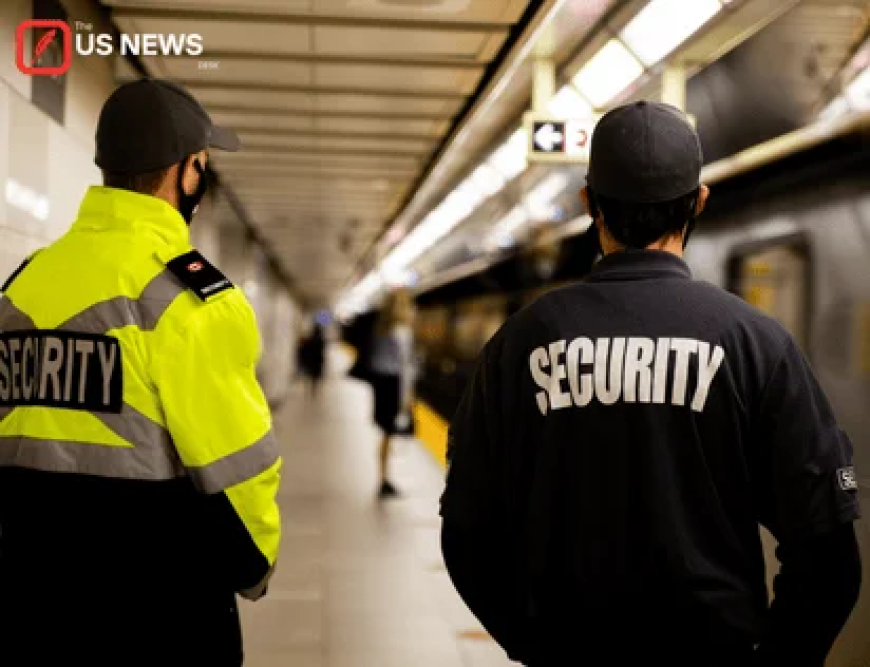Post-Kirk Killing: Security Upgrades Across States Spark Taxpayer Backlash
After Charlie Kirk’s assassination, Utah and California ramp up event security, forcing local taxpayers to bear heavy costs. Investigations reveal leaked budgets and public backlash.

The assassination of conservative activist Charlie Kirk has left a deep scar on America’s political landscape. Beyond the shockwaves of violence, the tragedy has triggered sweeping security overhauls at political events, particularly in states like Utah and California. Yet as the layers of protection expand, a new debate has emerged: how much should local taxpayers bear for these heightened safeguards?
Utah Leads with Emergency Security Measures
Utah, long considered a relatively low-risk political venue, has suddenly become a frontline case study in the cost of safety. Following Kirk’s killing, budget documents obtained by local reporters show that Salt Lake County has allocated an additional $9 million toward police overtime, barricades, and surveillance systems for major political gatherings through the end of 2025.
Leaked memos reviewed by regional journalists reveal that half of this funding is being redirected from community development grants. Local organizers are raising alarms that such diversions could stall projects ranging from public housing upgrades to small business grants in rural towns.
Sheriff Adam Winder defended the reallocation, stating: “We cannot take risks with public safety. The threats are real, and this is the cost of preventing another tragedy.”
California’s Strained Security Budgets
On the West Coast, California’s event organizers are grappling with an even heavier burden. According to internal city records in Los Angeles, projected costs for political rally security have tripled since mid-2024. The budget now includes high-tech scanning equipment, armored transport for high-profile figures, and round-the-clock digital monitoring teams.
Event promoters say these costs are quietly being passed down to taxpayers. A Sacramento-based organizer revealed that security surcharges—once handled by campaigns or private donors—are now integrated into municipal contracts. “The public has no idea they’re footing the bill,” the organizer noted, “but every extra barricade, every drone in the sky, it’s coming out of local funds.”
Taxpayer Unease in Swing States
The economic impact isn’t confined to blue states or deep-red Utah. Interviews with residents in swing states show a growing unease about who should ultimately cover these expenses. In Pennsylvania, local taxpayers expressed frustration that their money was being redirected away from education and infrastructure to cover security for political rallies.
One community teacher in Scranton put it bluntly: “Why should our kids’ school repairs be delayed because national politicians want to campaign here? They should be paying for their own safety.”
This sentiment mirrors national polling data, where nearly 62% of respondents believe campaign organizations—not taxpayers—should shoulder security costs for political events.
Balancing Freedom and Fear
The tragedy that claimed Kirk’s life has undeniably shifted the balance between free speech and security. On one hand, Americans expect safe spaces to hear political candidates without fear of violence. On the other, the unseen burden of those protections has sparked calls for reforms that separate public safety obligations from campaign responsibilities.
Some experts have proposed hybrid models, where campaigns pay a baseline security fee while local governments handle emergency response costs. Others argue that federal grants should be expanded to prevent uneven taxpayer burdens across states.
What Comes Next?
For now, taxpayers in Utah, California, and beyond are left with larger bills and fewer answers. As the 2026 election cycle looms, the debate will only intensify. Without a national framework to regulate political event security costs, the ripple effect of one high-profile killing could permanently reshape how Americans finance democracy itself.
What's Your Reaction?
 Like
0
Like
0
 Dislike
0
Dislike
0
 Love
0
Love
0
 Funny
0
Funny
0
 Angry
0
Angry
0
 Sad
0
Sad
0
 Wow
0
Wow
0



































